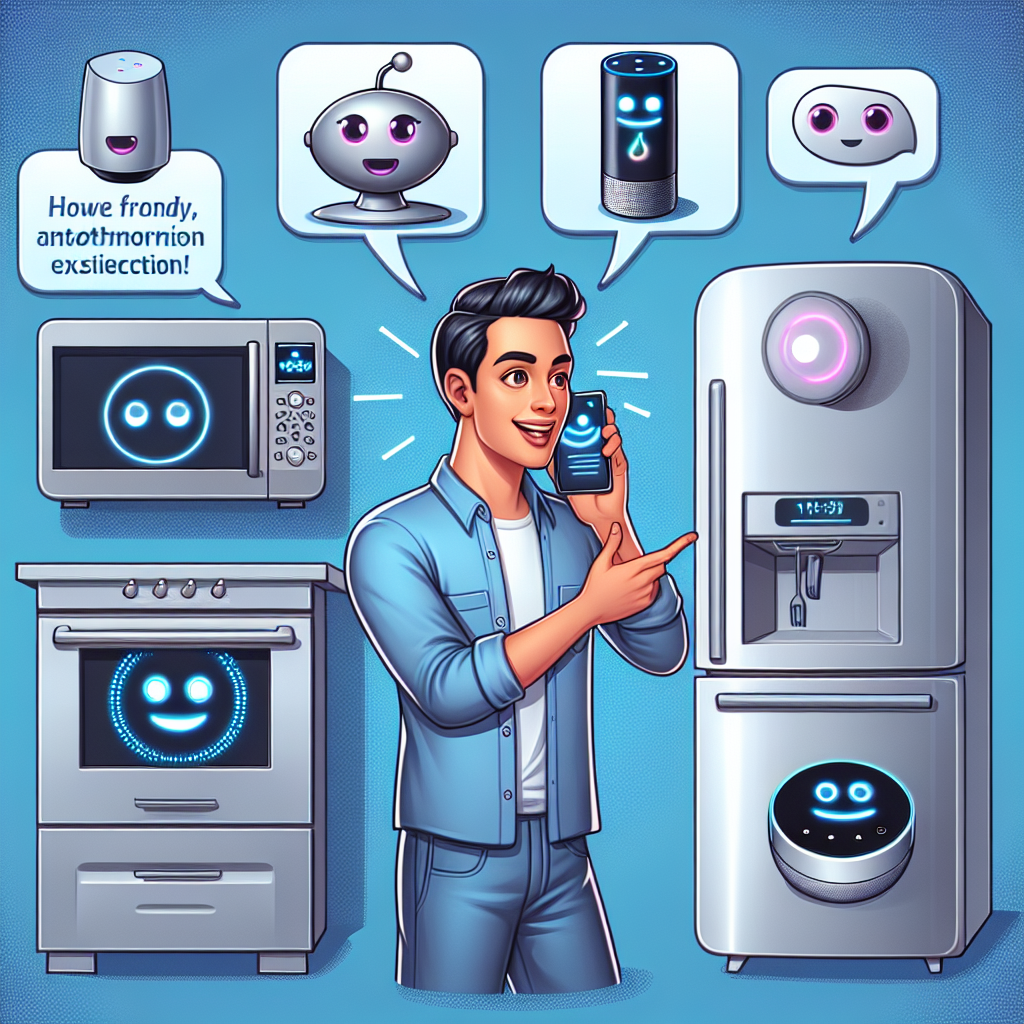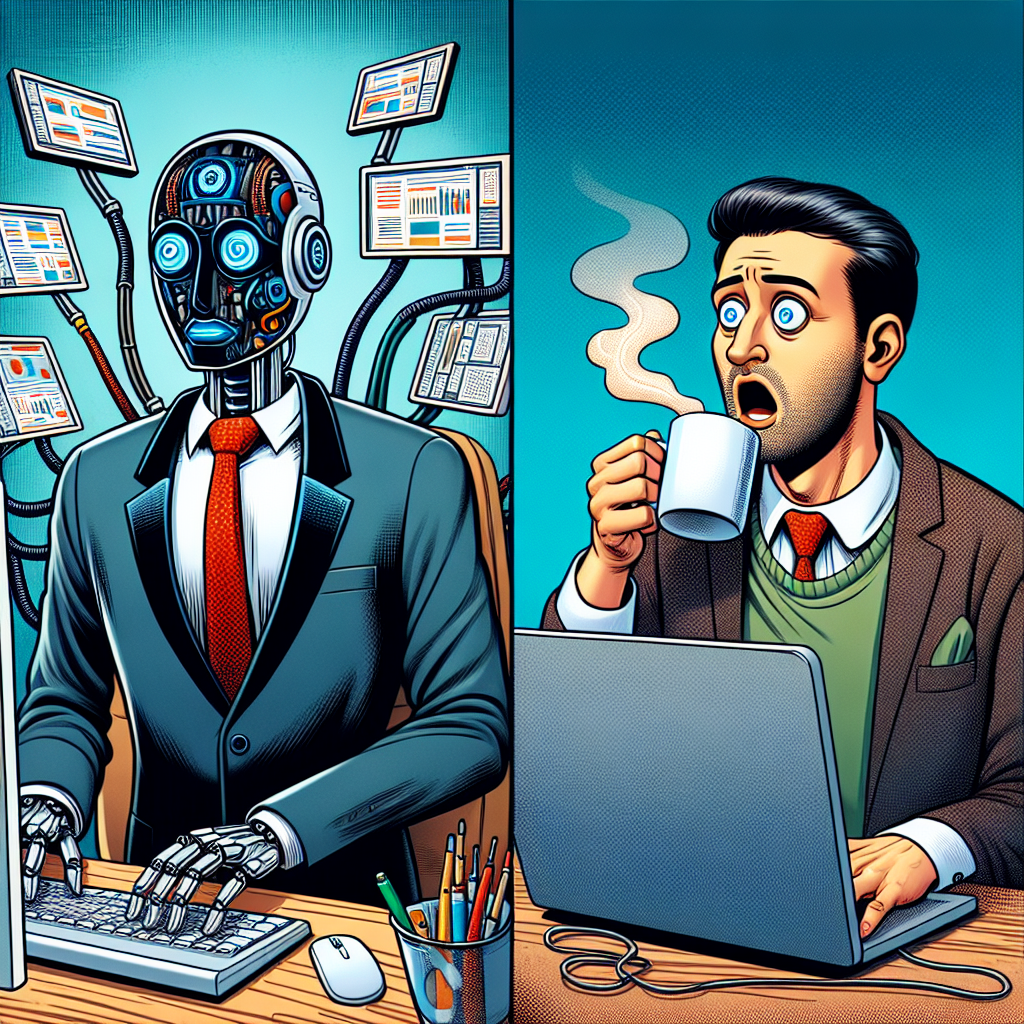In today’s rapidly evolving business landscape, a silent revolution is taking place. Behind the scenes of tomorrow’s most productive teams lies a powerful catalyst: AI SaaS Creation Platforms. These platforms are fundamentally transforming how work gets done by making sophisticated artificial intelligence tools accessible to everyone, from individual entrepreneurs to small business owners and developers.
The impact is profound yet often invisible to casual observers. Like an engine powering a vehicle, these platforms drive productivity forward without drawing attention to themselves. For small businesses and startups operating with limited resources, AI SaaS Creation Platforms level the playing field, providing enterprise-grade capabilities without enterprise-level investments in technology and talent.
“We’re witnessing a democratization of technology that was unimaginable just a few years ago,” notes a recent McKinsey report that sizes the long-term AI opportunity at $4.4 trillion in added productivity growth potential. This democratization means that powerful tools once reserved for tech giants with deep pockets are now within reach of the solo entrepreneur working from a home office or the small startup team hustling to bring their vision to reality.
The Rise of Intelligent Collaboration Through Accessible Technology
At the heart of this transformation is the concept of intelligent collaboration – a new paradigm where humans and AI systems work together seamlessly. Traditional collaboration tools focused on connecting people with people. Today’s AI Applications take this further by creating an environment where humans and AI can cooperate effectively on complex tasks.
Low-Code Platforms are a critical enabler of this evolution. By abstracting away the complexity of programming, these platforms allow users to create sophisticated AI Applications without writing extensive code. According to industry data, 34% of SaaS companies report improved efficiency and productivity after leveraging AI integration into their workflows.
“The beauty of low-code platforms is that they democratize technology creation,” explains a software engineer who recently transitioned from traditional development to using AI-powered tools. “I can now build in a day what would have taken weeks before, and my non-technical colleagues can actually understand and contribute to the development process.”
This democratization has profound implications for how teams communicate and collaborate. Intelligent Collaboration tools enhance team interactions by:
- Automatically summarizing lengthy discussions into actionable points
- Translating technical jargon into plain language for cross-functional teams
- Suggesting solutions based on past successful outcomes
- Predicting potential roadblocks before they emerge
For small businesses particularly, these capabilities mean they can operate with the sophistication of much larger organizations. A three-person marketing agency can leverage AI-powered content creation, analysis, and distribution tools to deliver work that previously would have required a team three times the size.
Workflow Automation and the Rise of Digital Workers
Perhaps the most significant impact of AI SaaS Creation Platforms is in the realm of Workflow Automation. By automating routine tasks, these platforms free human workers to focus on high-value, strategic activities that require creativity, emotional intelligence, and critical thinking.
Customizable AI Digital Workers represent the next evolution in this space. Unlike rigid automation tools of the past, these digital workers can be tailored to perform specific functions within an organization’s unique workflow. They adapt to the company’s processes rather than forcing the company to adapt to them.
Consider the experience of an individual entrepreneur running an e-commerce business. Before AI-powered automation, they might spend hours each day responding to customer inquiries, updating inventory, and managing social media. With Customizable AI Digital Workers handling these tasks, they can redirect their energy toward product development, strategic partnerships, or other growth-oriented activities.
The reduction in manual effort is substantial. Research indicates that intelligent automation can save teams between 20-40% of their time previously spent on routine tasks. This time savings translates directly into enhanced productivity and often leads to greater innovation as team members have more bandwidth for creative thinking.
Small businesses across industries are experiencing these benefits:
- A boutique accounting firm uses AI to automatically categorize expenses and flag potential audit issues
- A local real estate agency deploys AI to generate property descriptions and identify potential matches for buyers
- A specialty food producer leverages AI to predict inventory needs and optimize supply chain logistics
In each case, the organization achieves outcomes that would have been impossible without the intelligent assistance provided by their AI systems.
AI Agent Technology: Personal Assistants for Entrepreneurs and Small Teams
For individual entrepreneurs and small teams, AI Agent Technology offers particularly compelling advantages. These AI agents serve as personal assistants that learn from interactions and continuously improve their performance.
Unlike general-purpose AI tools, Personal Use AI Products can be customized to understand the specific needs and preferences of their users. They become more valuable over time as they gain familiarity with how a particular individual or team works.
Real-world examples showcase the transformative potential:
A solo consultant uses an AI agent to manage their calendar, suggesting optimal meeting times based on energy levels and task priorities. The system automatically blocks focus time for deep work and ensures adequate breaks between client calls.
A five-person startup employs AI agents to coordinate project timelines across the team. The agents track progress, identify potential bottlenecks, and suggest task reassignments to keep projects on schedule without requiring manual oversight.
“What amazes me is how quickly my AI assistant learned my preferences,” shares an entrepreneur who recently adopted AI agent technology. “Within a week, it was anticipating my needs and handling routine correspondence so well that clients couldn’t tell they weren’t communicating directly with me.”
The organizational outcomes are significant. Small teams report up to 30% improvements in project completion rates and substantial reductions in communication overhead. Individual entrepreneurs cite better work-life balance and the ability to take on more clients without feeling overwhelmed.
These benefits extend beyond simple efficiency gains. By offloading cognitive overhead – the mental energy required to track details and switch between tasks – AI agents enable users to maintain deeper focus on their most important work. The result is not just more productivity but higher quality output.
The Open Market: Sharing and Selling AI Products
As AI SaaS Creation Platforms mature, a fascinating ecosystem is emerging around them. User-Friendly AI Tools enable individuals to create custom applications, and platforms like Zygote.AI are establishing marketplaces where these creations can be shared and sold.
This open market approach creates a virtuous cycle of innovation. A developer might create an AI application to solve their specific problem, then make it available to others facing similar challenges. Users provide feedback and suggestions for improvement, driving continuous enhancement of the tools.
For individual entrepreneurs, this represents a new revenue stream opportunity. Someone who creates an effective AI workflow for their business can package that solution and offer it to others, potentially generating passive income while helping peers in their industry.
Zygote.AI’s philosophy aligns perfectly with this trend. By empowering users to create, share, and monetize AI applications easily through their user-friendly platform, they’re fostering a collaborative environment where innovation can flourish. Their vision centers on democratizing AI creation – making it possible for anyone with an idea to bring it to life, regardless of their technical background.
“We believe that the best solutions come from the people closest to the problems,” explains Zygote.AI’s approach. “Our platform gives people the tools to create exactly what they need, rather than forcing them to adapt to off-the-shelf solutions that don’t quite fit.”
This philosophy extends to the concept of fully automated workflows. Zygote.AI has already demonstrated the potential with workflows that autonomously select topics, write content, generate illustrations, perform reviews, and publish promotional articles – all without human intervention. The implications for productivity are enormous.
The Future of Productivity: AI-Powered and Accessible to All
As we look toward the future, it’s clear that AI SaaS Creation Platforms will play an increasingly central role in driving productivity across all sectors of the economy. The hidden engine is becoming more visible as its impact grows more profound.
For individual entrepreneurs, these platforms offer the ability to operate at a scale previously impossible without significant staff. For small businesses and startups, they provide enterprise-class capabilities without enterprise-level investment. For developers and technical professionals, they represent a new paradigm where creativity matters more than coding proficiency.
Zygote.AI’s vision exemplifies this future: a world where anyone can create intelligent applications tailored precisely to their needs. Their platform empowers users to build Customizable AI Digital Workers that handle specific tasks within their workflow, sharing successful innovations with others or even monetizing them in an open marketplace.
This democratization of AI creation is perhaps the most significant development in productivity tools since the personal computer. Just as PCs brought computing power to the masses, AI SaaS Creation Platforms are bringing artificial intelligence capabilities to everyone.
The most productive teams of tomorrow won’t necessarily be those with the biggest budgets or the most staff. They’ll be the ones who most effectively leverage AI to augment their human capabilities, automating routine tasks while focusing their uniquely human skills on innovation and creativity.
As Workflow Automation continues to advance and User-Friendly AI Tools become more sophisticated, we can expect to see dramatic shifts in how work gets done across all industries. The hidden engine will power not just incremental improvements in efficiency but fundamental transformations in what small teams can accomplish.
For those looking to stay ahead of the curve, engaging with platforms like Zygote.AI offers a path to harness these capabilities today. By embracing the philosophy of accessible creation, shared innovation, and customizable intelligence, forward-thinking entrepreneurs and teams can position themselves at the forefront of tomorrow’s productivity revolution.
The future of work is being written now, one AI application at a time. And with tools that make creation accessible to all, everyone has the opportunity to contribute to that future.









